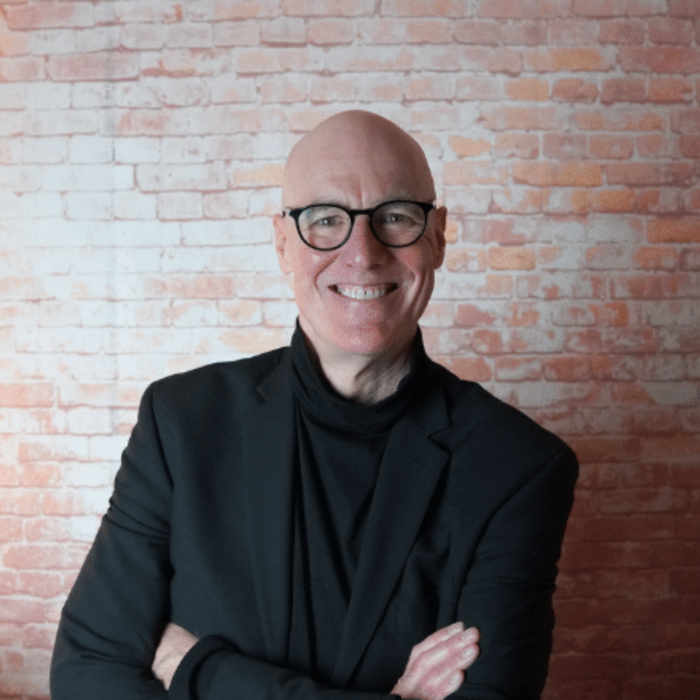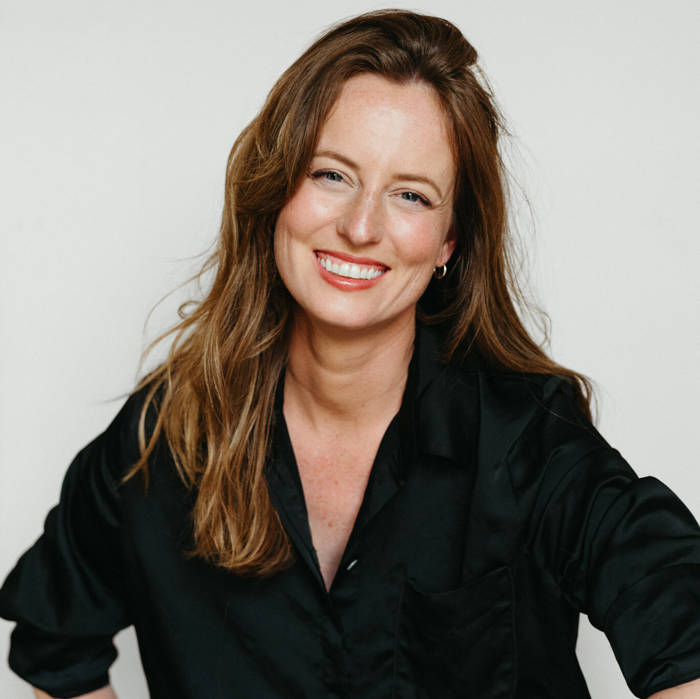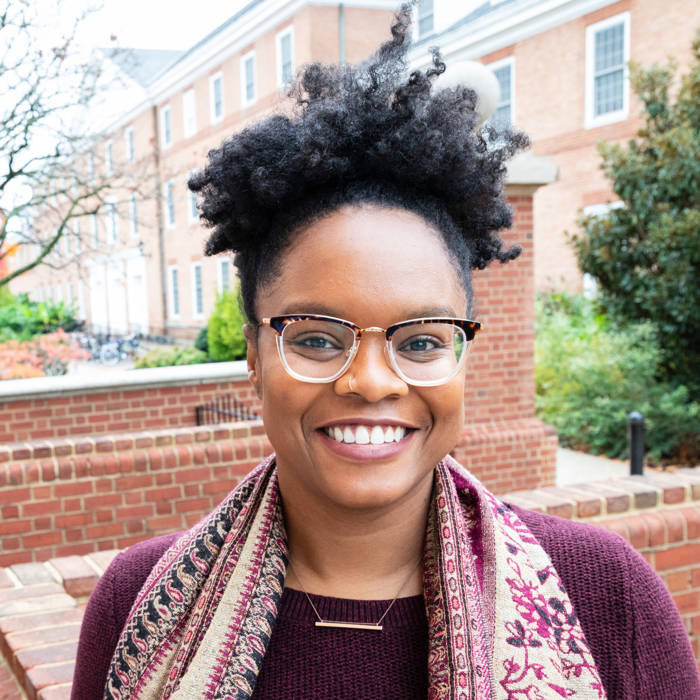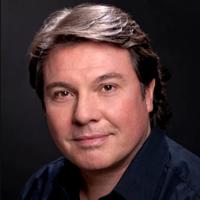Articulatory Activity Of The Tongue, Jaw, And Lips During The Second Passaggio Acoustic Transition Of Female Singers
Thursday 15th September 2022, 5:00 PM - 7:00 PM (London Time)
Sopranos typically exhibit an acoustic modification between 600 and 700 Hz (on /ɑ/) during which second resonance (R2) tracking of the second harmonic (2fo) changes to first resonance (R1) tracking of the fundamental (fo).
To quantify the alteration, the sound pressure level difference between the first two harmonics (L1-L2) was measured for chromatic scales sung between C5♮ and G5♮ (523 to 784 Hz) by 17 sopranos (9 judged by the first author as “techniqued” and 8 as “untechniqued” and confirmed by perceptual experiment).
Techniqued sopranos shifted from negative to positive values of L1-L2 as early as D5♮ (587 Hz), while the least techniqued singers did not make the change at all.
Articulatory correlates were measured using ultrasound of the tongue and optical tracking.
Head-corrected tongue contours showed the most critical articulatory factor to be the size of a triangular area between two points on the hard palate and the most anterior tongue point.
Sopranos who made the change earliest exhibited the largest anterior oral cavities whereas sopranos who never made the acoustic change had significantly smaller anterior cavities.
Larger anterior oral cavities appear to accommodate lower frequencies of R2, presumably lowering L2 and increasing L1-L2. [Supported by NIH grant DC-002717.]
Richard Lissemore
Richard Lissemore is a collaborative teacher, researcher, and performer of voice. He is equally adept at teaching vocal technique and performance for both classical...
Sorry, this is an archived short course...
We have plenty of upcoming short courses coming soon. See details of some of them below or look at the full list of short courses.

Tuesday 22nd July 2025
5:00 PM - 7:00 PM
Tuesday 29th July 2025
5:00 PM - 7:00 PM
Tuesday 5th August 2025
5:00 PM - 7:00 PM
Tuesday 12th August 2025
5:00 PM - 7:00 PM
Tuesday 19th August 2025
5:00 PM - 7:00 PM
Tuesday 26th August 2025
5:00 PM - 7:00 PM
(London Time)
Certificated Public Speaking Coach qualification - with John Henny

John Henny
Would you like to be a certified public speaking coach? Join the renowned John Henny for this exciting new online course! This six-week online certification course is designed to equip voice teachers with the specialised skills needed to work with public speakers, corporate trainers, educators, and presenters. Unlike a general public speaking course, this program is specifically tailored to train-the-trainer, giving voice professionals structured methodologies, coaching techniques, and applied skills to enhance vocal delivery, confidence, and influence in professional speakers.

Thursday 24th July 2025
5:00 PM - 6:00 PM
(London Time)
Transitioning From Soprano To Mezzo-Soprano - Pedagogical Approaches!

Dr Caitlin Moore
This workshop will explore the considerations for transitioning from soprano to mezzo-soprano. We will examine the history and vocal science related to voice classification as well as interviews with singers and voice teachers. Interviews feature singers who have experienced this Fach change themselves, as well as voice teachers who have helped singers navigate this shift.


Tuesday 29th July 2025
5:00 PM - 7:00 PM
(London Time)
Towards a Jazz Pedagogy: Lessons from Legends and Educators!

Dr Autumn Griffin
Join Dr Autumn Griffin as she explores the foundational tenets of jazz pedagogy as both a conceptual and practical framework for teaching, in this two-hour workshop. Drawing from her research in “Towards a Jazz Pedagogy: Learning with and from Jazz Greats and Great Educators,” she’ll investigate how jazz (its historical and cultural legacy, structure, improvisation, and relationality) can be mobilized to inform dynamic, liberatory educational practice!
